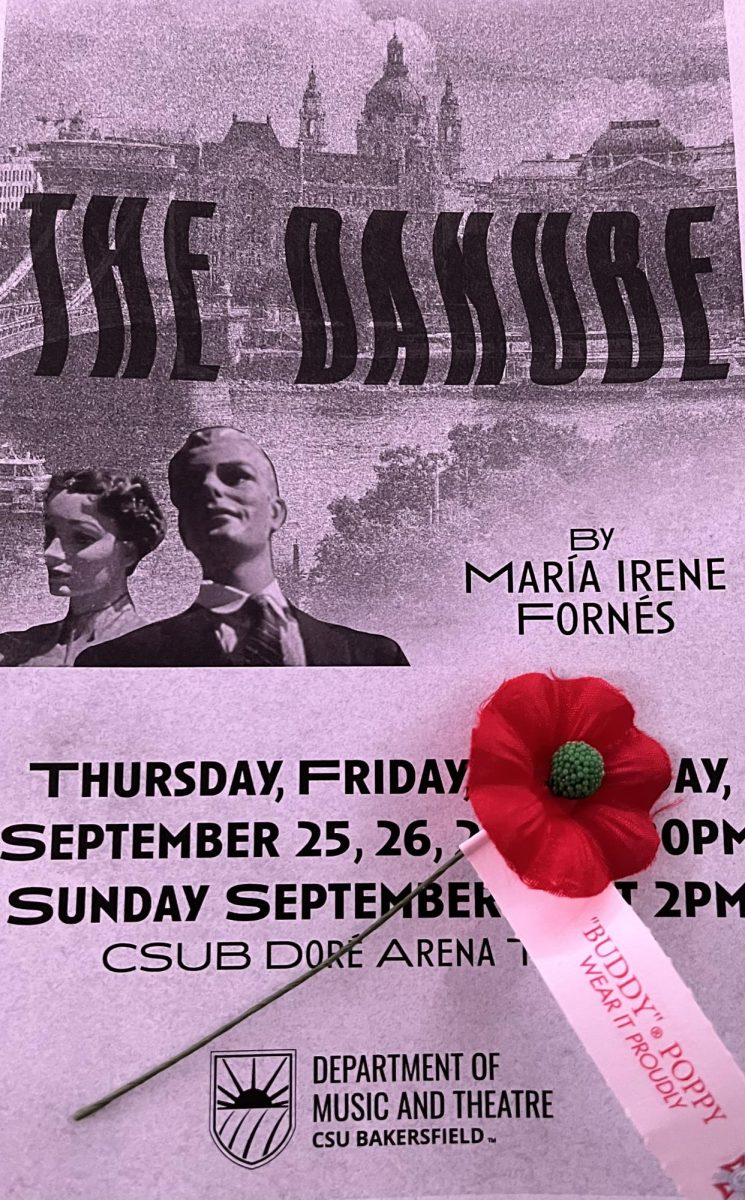
Looking for love online has brought on many a problem from the Dateline series’To Catch a Predator’ to the newly publicized phenomenon that is called catfish-ing. Last summer I stumbled upon what was then an obscure documentary-thriller,’Catfish,’ about the dangers of online relationships.
Subject of the film, New York City based photographer Yaniv (Nev) Schulman, fell in love with who he thought was a beautiful 19-year-old dancer from Ishpeming, Mich. In reality, he was manipulated by a middle-aged woman, Angela Wesselman-Pierce, who played several roles to catch Schulman’s attention and create a fantasy world opposite her own.
The term ‘catfish’ comes from the end of the documentary when Angela’s husband, Vince Pierce, told Schulman and his crew: “They used to tank cod from Alaska all the way to China. They’d keep them in vats in the ship. By the time the catfish reached China the flesh was mush and tasteless. So this guy came up with this idea that if you put these cods in these big vats, put some catfish in with them. And the catfish would keep the cod agile. And there are those people who are catfish in life. And they keep you on your toes, they keep you guessin. They keep you thinkin. They keep you fresh. And I thank God for the catfish, because we would be dull and boring if we didn’t have somebody nipping at our fin.” Given this anecdote, Wesselman-Pierce was clearly a catfish who lead Schulman on a rollercoaster-like relationship with absurd twists and turns.
Two years after the film’s release, MTV began to capture real cases of these so-called relationships in its new series ‘Catfish: The TV Show’ produced by Nev Schulan, his brother Ariel Schulman and filmmaker Max Joseph. Each week we see people duped by unsubstantiated online profiles.
It’s difficult to understand what these people are thinking. Nev simply plops a photo into Google image search and bam! Mystery solved. The person is not who he or she claims to be. Yet these people are so naïve as not to even question why it’s taken sometimes up to four years to meet in person? Or better yet why, in 2013, he or she does not have access to a phone?
While it may seem as though such a ridiculous incident would never strike someone we know, the media shows it is more common than not.
A recent, public example of catfishing is that of Notre Dame football player Manti Te’o.
Ronaiah Tuiasosopo, the man accused of creating a fake online persona with whom Te’o fell in love, used his high school classmate Diane O’Meara’s photos to develop an online, romantic relationship with Te’o.
Another high school classmate of Tuiasosopo, CSUB Antelope Valley student Alyssia Plata, said Tuiasosopo was very active and popular in high school. He was involved in ASB, drama club and was the quarterback of the football team. However, he was not your typical football player.
“He liked to perform,” said Plata. “Not just on stage with drama club but any chance he got.”
“A lot of people are saying that it was a cover up for him being gay and I wouldn’t dismiss that.”
After speaking to sources close to Tuiasosopo, TMZ wrote, “Ronaiah Tuiasosopo had intense feelings for Manti Te’o…feelings that developed over time that he channeled through a female persona, but the emotions – like the scam – were rooted in fantasy.”
As an avid viewer of ‘Catfish: The TV Show’ I’ve noticed similarities in the people involved in digital dating. The catfish are commonly people who are uncomfortable with their sexuality, gender and/or have low self-esteem. The cod are lonely people who, for whatever reason, find it difficult to maintain in-person relationships.
Online profiles have become an outlet to live out one’s fantasy rather than offer a true depiction of oneself. Want be a model-don’t starve yourself until you reach size zero; just write down ‘model’ in your bio. Want to be a woman-don’t spend thousands of dollars to be nipped and tucked; just change your Facebook gender.
If you’re going to look for love online, be smart about it. Otherwise, expect to be catfished. Take the time to learn as much about the person on the other end of the screen, just as you would in a real-life relationship. If the resources are available, talk over the phone, over Skype and in person. Do some research. Don’t be afraid to search the person on Facebook or Twitter. And when all else fails, Google image search ’em.





